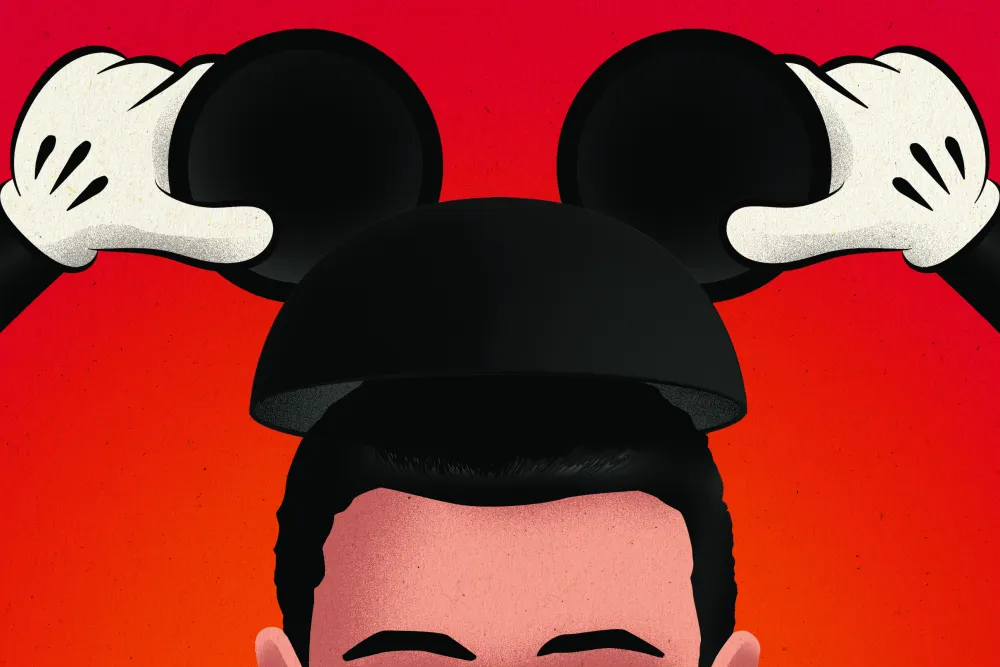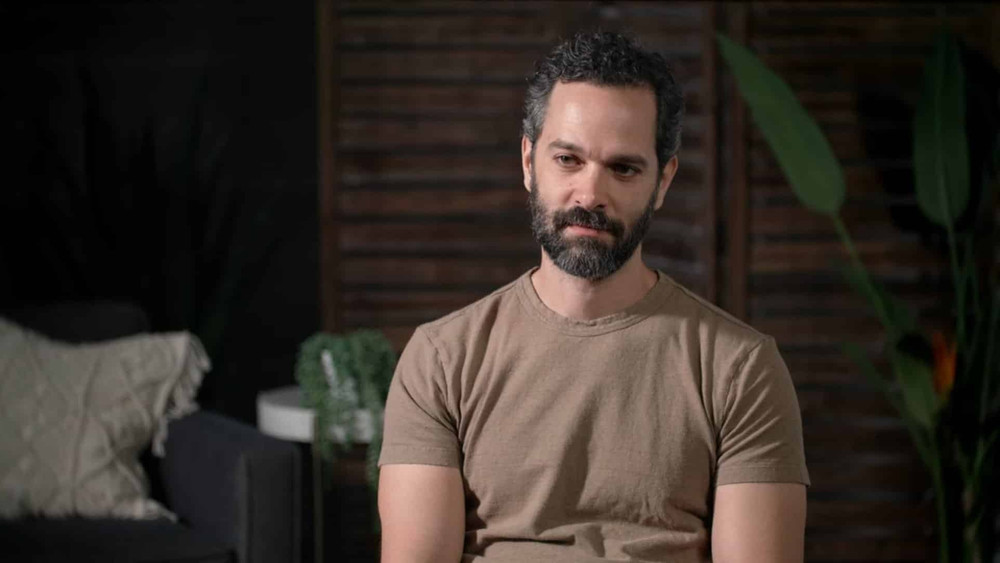Variety recently reported that Disney executives are pushing for new original IPs designed to win back the Gen Z male market, a demographic the studio admits it has lost touch with. The strategy marks a major pivot: instead of doubling down on remakes and established franchises, Disney now wants fresh stories that will appeal to young men between the ages of 13 and 28. But behind the corporate spin lies a harder truth that no one in Hollywood is willing to say outright — Disney alienated men, insulted their legacy heroes, and the backlash came in the most effective form of protest: audiences stopped paying.
For decades, Disney had male-leaning tentpoles that balanced their broader family-friendly brand. Pirates of the Caribbean, Indiana Jones, and the early Marvel Cinematic Universe gave young men larger-than-life role models. They were adventurous, flawed, and charismatic in ways that spoke to male identity. But as time went on, Disney’s approach shifted. Legacy characters were rewritten to highlight their weaknesses while newer characters were positioned as superior. The pattern became impossible to ignore: male heroes were not only being sidelined but often portrayed as outdated or even ridiculous.
This erosion of male representation didn’t happen in a vacuum. Gen Z, especially young men who grew up idolizing Iron Man, Captain Jack Sparrow, or Luke Skywalker, felt the shift. When beloved characters were diminished — Luke’s jaded arc in The Last Jedi being a prime example — it wasn’t just a story choice. It signaled a dismissal of the very heroes that had defined a generation of boys. Instead of passing the torch gracefully, Disney’s narrative choices often framed those men as obstacles to progress.
And here’s the result: Gen Z males voted with their wallets. They didn’t just complain online; they stopped showing up in theaters. Disney’s recent box office struggles, from lukewarm Marvel releases to underwhelming Indiana Jones and the Dial of Destiny, reveal the consequence of alienating the very demographic that once carried these franchises. Studios can release as many diversity statements as they want, but at the end of the day, the audience decides what succeeds.
Variety’s reporting confirms that Disney knows it has a “boy problem.” The fact that executives are specifically asking for fresh male-oriented stories is proof that the brand understands what it lost. But unless Disney is willing to admit why Gen Z men pulled away in the first place — the steady dismantling of their icons and the subtle messaging that male heroes are disposable — new IPs alone won’t fix the problem.
Audiences are smarter than executives often assume. Gen Z men aren’t rejecting Disney because they’ve outgrown adventure and heroism. They’re rejecting a company that told them their heroes no longer matter. Until Disney repairs that trust and treats male characters with the same respect it once did, wallets will keep closing, no matter how many “fresh IPs” the studio rolls out.
Thanks for reading! Tap here to return to our home and read more articles.



